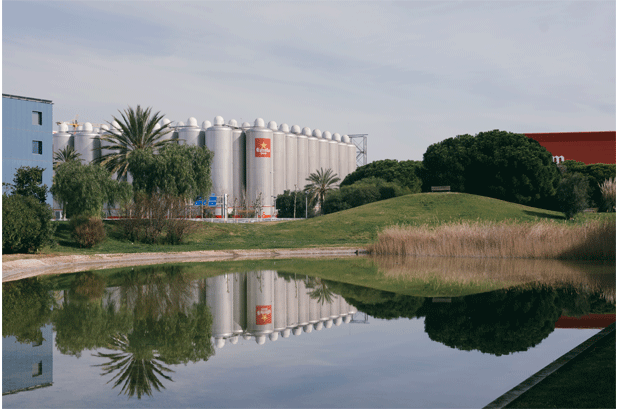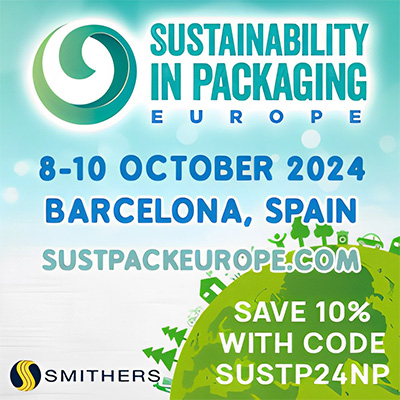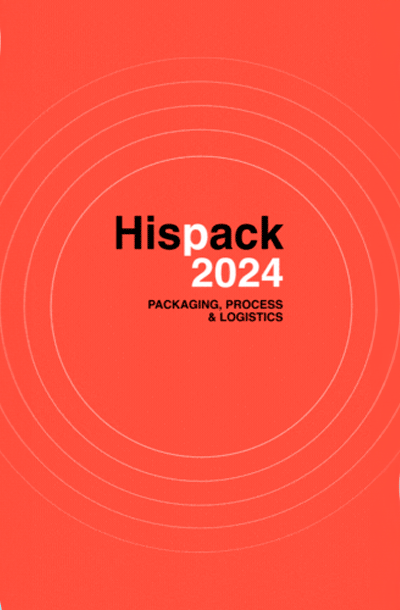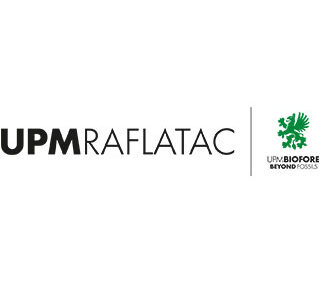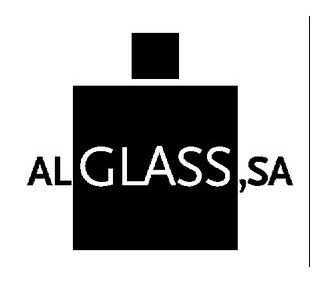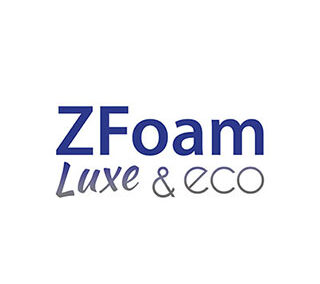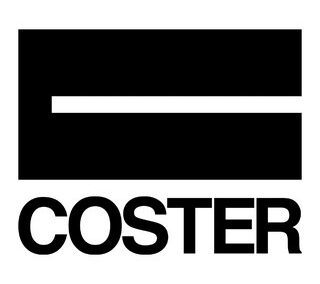For a few weeks, Dam is removing the barrels of beer that had been started in the establishments of all its hospitality clients in Spain, replacing them with new barrels as a measure to support the sector in its reopening. The brewery estimates to recover a total of more than 3,5 million liters of beer, a product that, in line with its constant commitment to the circular economy, it will transform into renewable energy at its factory in El Prat de Llobregat ( Barcelona).
The beer that Damm is withdrawing from the catering establishments is transported to the El Prat de Llobregat factory for its transformation into energy of 100% green origin. Beer is deposited in tanks that contain specific microorganisms that digest it, producing a gas of biological origin: biogas. Subsequently, once separated, the biogas is washed and purified, and is used as fuel in a cogeneration facility that produces 100% renewable electricity.
“One of the fundamental axes of our environmental sustainability policy is the commitment to the circular economy. Therefore, instead of generating a residue from the recovered beer, we are giving it a second life by transforming it into renewable energy, a measure that will allow us to reduce our carbon footprint by 250.000 kg ”, says Karen Peiró, teacher brewery of the Damm factory in El Prat de Llobregat. "Through this process, we estimate to generate almost 670.000 kWh of electricity, the equivalent of the average monthly consumption of some 2.500 Spanish homes," he adds.
This initiative joins all those that Damm carries out during the process of making, packaging and distributing its beers, which have consolidated it as one of the five companies that most promote the circular economy in Spain, according to the report on circular economy prepared by the Institute Coordinates of Governance and Applied Economics, which highlights, among other data, that 99% of raw materials are recoverable and reincorporated into the production chain.

